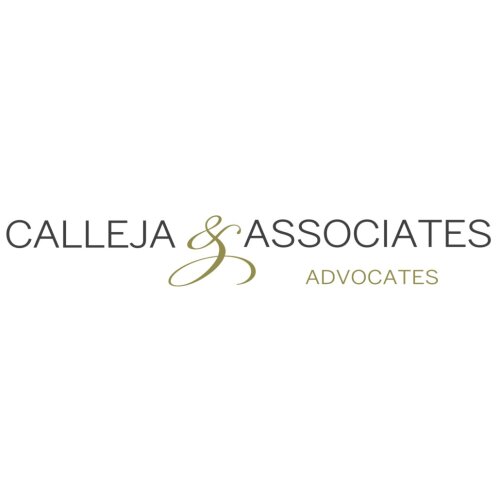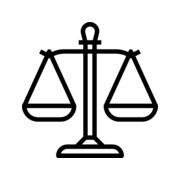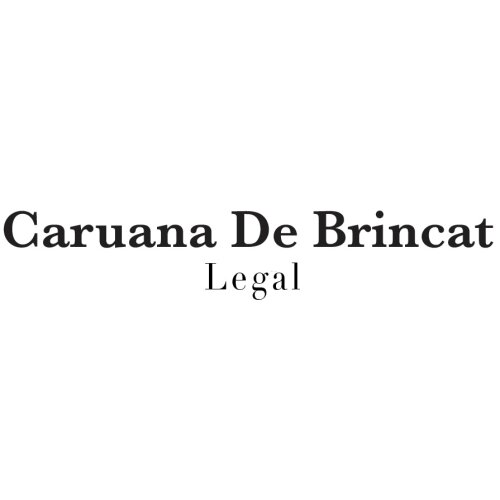Best Natural Resources Lawyers in Malta
Share your needs with us, get contacted by law firms.
Free. Takes 2 min.
Or refine your search by selecting a city:
List of the best lawyers in Malta
About Natural Resources Law in Malta
Malta, an island nation in the Mediterranean, boasts a unique array of natural resources, primarily through its marine environment, limestone, and tourism-related ecosystems. The nation's natural resources law aims to regulate the management, utilization, and conservation of these resources to ensure sustainable development. Given Malta's status as a small island nation, the careful management of these resources is crucial to its economic and environmental well-being. Key areas of focus include the sustainable use of marine resources, quarrying regulations, water resource management, and environmental conservation.
Why You May Need a Lawyer
Individuals and businesses may require legal assistance in the field of natural resources for a variety of reasons:
- Land and Property Development: Legal guidance may be necessary to navigate regulations surrounding land use, especially on projects impacting the natural environment.
- Marine Activities: A lawyer can help in acquiring permits for fishing, aquaculture, or other marine-related operations.
- Environmental Compliance: Companies may need legal advice to ensure compliance with environmental regulations and standards.
- Resource Extraction: Legal expertise is often required for the lawful extraction and management of resources such as limestone.
- Dispute Resolution: Issues involving land ownership, resource rights, or environmental impact disputes may require legal intervention.
- Government Relations: Navigating government regulations and interacting with public bodies may necessitate legal assistance.
Local Laws Overview
The legal framework governing natural resources in Malta encompasses several key legislations:
- Environment Protection Act: This act aims to protect Malta’s environment via sustainable development and regulated use of resources.
- Malta Maritime Authority Act: Regulates maritime activities, ensuring sustainable use and conservation of marine resources.
- Water Policy Framework Regulations: Manages the use and conservation of water resources, essential for both public supply and resources’ health.
- Development Planning Act: Controls land use planning and development, including areas impacting natural environments and resources.
- Minerals Act: Governs the extraction and management of mineral resources such as limestone.
Frequently Asked Questions
What are the main natural resources in Malta?
Malta's primary natural resources include its surrounding marine environment, limestone for construction, and sun-based tourism potential.
Do I need a permit for fishing in Malta?
Yes, commercial and recreational fishing require permits to ensure sustainable fishing practices are adhered to.
What is the procedure for obtaining a quarrying license in Malta?
A quarrying license involves submitting detailed proposals to the regulatory bodies, demonstrating compliance with all environmental and safety standards.
How are water resources managed legally in Malta?
Water resources are managed under a framework focusing on sustainable use and conservation, governed by regulations including the Water Policy Framework Regulations.
Can I develop property in a natural reserve area?
Property development in natural reserves is highly regulated and typically restricted to maintain environmental integrity.
What recourse do I have if my neighbor is illegally using natural resources?
You can report illegal use to relevant authorities and may require legal assistance to pursue civil action for any damages incurred.
Are there specific laws for protecting Malta's marine environment?
Yes, various legislations, including the Environment Protection Act and Malta Maritime Authority Act, protect marine environments.
How can businesses ensure compliance with environmental laws?
Businesses should conduct environmental impact assessments and remain informed about local regulations, often requiring legal consultation.
What is the role of public consultation in natural resource law decisions?
Public consultation is integral, ensuring transparency and community input in decisions affecting natural resources and development planning.
How do changes in EU regulations affect Malta's natural resource laws?
Malta, as an EU member, modifies its national laws to align with EU directives, impacting areas like environmental protection and resource management.
Additional Resources
The following resources can provide more information and assistance:
- Environment and Resources Authority (ERA): Oversees environmental protection and sustainable use of natural resources.
- Planning Authority (PA): Manages development planning and land use issues.
- Malta Resources Authority (MRA): Focuses on resource regulation, including energy, water, and minerals.
- Ministry for the Environment, Climate Change and Planning: Offers guidance on governmental policies and regulations.
- Local Law Firms: Provide specialized legal advice in natural resource matters.
Next Steps
If you need legal advice in the field of natural resources, consider the following actions:
- Identify the Issue: Clearly define your legal needs, whether they involve property development, resource use, compliance, or dispute resolution.
- Gather Information: Collect all relevant documents, such as permits, contracts, and correspondence, related to your issue.
- Consult a Specialist: Seek out a lawyer or law firm specializing in natural resources law in Malta for tailored legal advice.
- Engage with Authorities: Where applicable, contact relevant local or governmental bodies for guidance and necessary permits.
- Stay Informed: Keep abreast of any changes in local or EU laws that could impact your area of concern.
Lawzana helps you find the best lawyers and law firms in Malta through a curated and pre-screened list of qualified legal professionals. Our platform offers rankings and detailed profiles of attorneys and law firms, allowing you to compare based on practice areas, including Natural Resources, experience, and client feedback.
Each profile includes a description of the firm's areas of practice, client reviews, team members and partners, year of establishment, spoken languages, office locations, contact information, social media presence, and any published articles or resources. Most firms on our platform speak English and are experienced in both local and international legal matters.
Get a quote from top-rated law firms in Malta — quickly, securely, and without unnecessary hassle.
Disclaimer:
The information provided on this page is for general informational purposes only and does not constitute legal advice. While we strive to ensure the accuracy and relevance of the content, legal information may change over time, and interpretations of the law can vary. You should always consult with a qualified legal professional for advice specific to your situation.
We disclaim all liability for actions taken or not taken based on the content of this page. If you believe any information is incorrect or outdated, please contact us, and we will review and update it where appropriate.
Browse natural resources law firms by city in Malta
Refine your search by selecting a city.

















